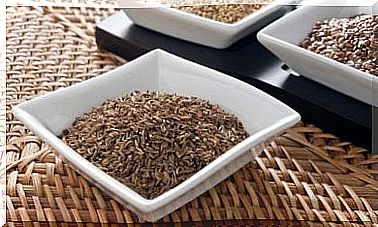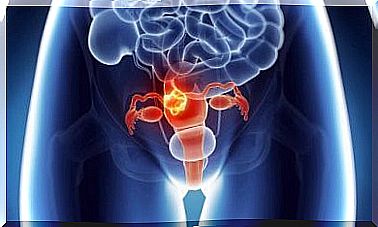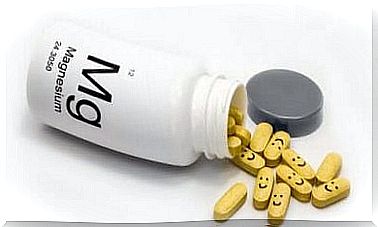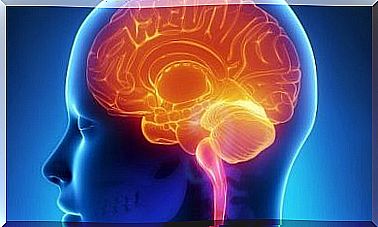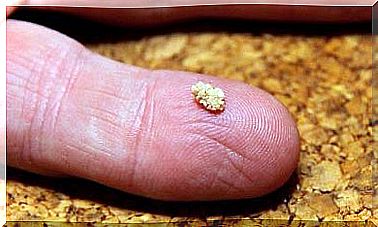What Does It Mean To Have Dense Breasts?
Like breast cancer, having dense breasts is a genetic component. If this is your case, don’t forget to make regular medical visits.
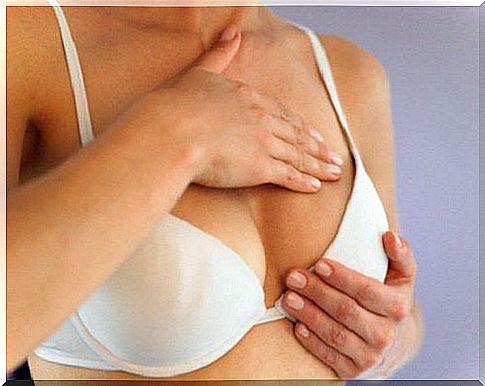
In our articles, we regularly tell you about the importance of undergoing regular gynecological check-ups. One of the purposes of these tests is to identify “dense breasts”.
Dense breasts contain less fatty tissue and more glandular tissue. And they are characterized by having a greater risk of developing cancer.
First of all, you should know that having dense breasts does not mean that you will have a 100% tumor.
There are only more risks, and it is preferable to undergo a regular medical check, which will allow us to detect any problem or indication of tumor.
According to the Journal of the National Cancer , this characteristic is a factor that should be monitored in all women, through medical tests.
In addition, it is important to prevent this problem by improving your lifestyle.
The risks of dense breasts
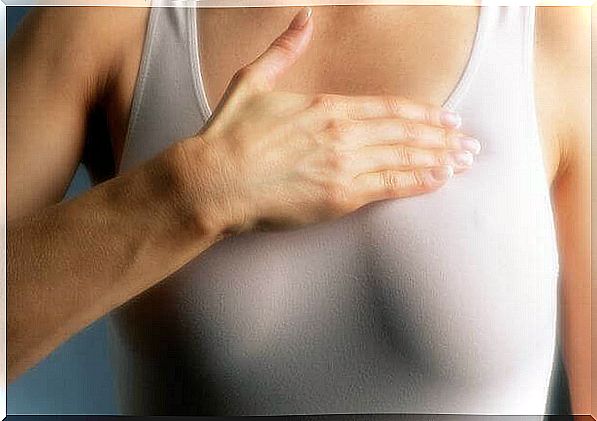
From the age of 40, it is advisable to undergo an annual check-up.
Sometimes during the mammogram it cannot be seen easily. Precisely because of the high density of the breast and a greater presence of glandular tissue.
As we told you before, it’s not about being alarmed or scared. But we must be careful and follow every rule in order to control the health of our breasts at all times.
According to William Barlow of the Seattle Center for Cancer Research and Bio-statistics, the density of a breast depends on the amount of fat and fibro-glandular tissue in a woman.
When we are young, the breasts are much more fibrous. But, as we grow older, fatty tissue replaces fibro-glandular tissue. We must therefore submit to more controls.
It should also be noted that having dense breasts makes it more difficult to identify a possible tumor in one of them.
The diagnostic images are darker and it is more difficult to identify an abnormality in the tissue.
For specialists, in this case, it is necessary to complete the mammogram with an ultrasound in order to have a more precise diagnosis.
The risks of developing dense breasts
1. Menopause: Dense breasts are more common in postmenopausal and overweight women.
2. A genetic component: As with breast cancer, developing dense breasts can also have a genetic origin.
So, if in your family, you have a history of dense breasts or breast cancer, make sure you have a doctor’s check-ups. Information and prevention save thousands of lives every year!
Can we prevent the development of dense breasts?

According to doctors, one way to prevent this disease is by undergoing hormone replacement therapy after menopause, especially if there is a genetic component involved.
At the National Cancer Institute in Bethesda (United States), a hormone therapy test was performed on more than 7,000 women after their breasts were diagnosed as dense.
The simple fact of undergoing annual check-ups prevented the risk of developing cancer. Nonetheless, hormone therapy has been shown to be helpful in many cases .
- From the age of 40, schedule an annual mammogram. If you have a family history, make more frequent visits to your doctor to control and prevent.
- Don’t forget your family history. If your mother, grandmother or sister has suffered from breast cancer, it is important to have these periodic health checks.
To reduce the risk as much as possible and avoid developing dense breasts, it is vital to consider the following information:
Healthy lifestyle
- Do not smoke.
- Avoid being overweight, and especially when you reach menopause.
- Avoid foods that are too high in fat, white sugar, refined flour and salt . These foods inflame us and are very dangerous toxic products for our body.
- Eat fresh fruits and vegetables, especially raw. Also avoid supermarket juices. Choose an apple for your breakfast rather than a toast with jam.
- Eat raw foods. Avoid ready-made meals.
- Remember that the best is to schedule 5 meals a day. And don’t overeat at lunch or dinner.
- Drink plenty of water.
- Daily physical exercise is fundamental to reducing the risk of dense breasts. Walk for half an hour every day and do aerobic exercise.
Take into account that in addition to undergoing diagnostic tests like MRI (magnetic resonance imaging test), it is important to supplement it with ultrasounds. If you have dense breasts, this test is safer to identify possible tumors.
Remember that prevention is always the most important!


